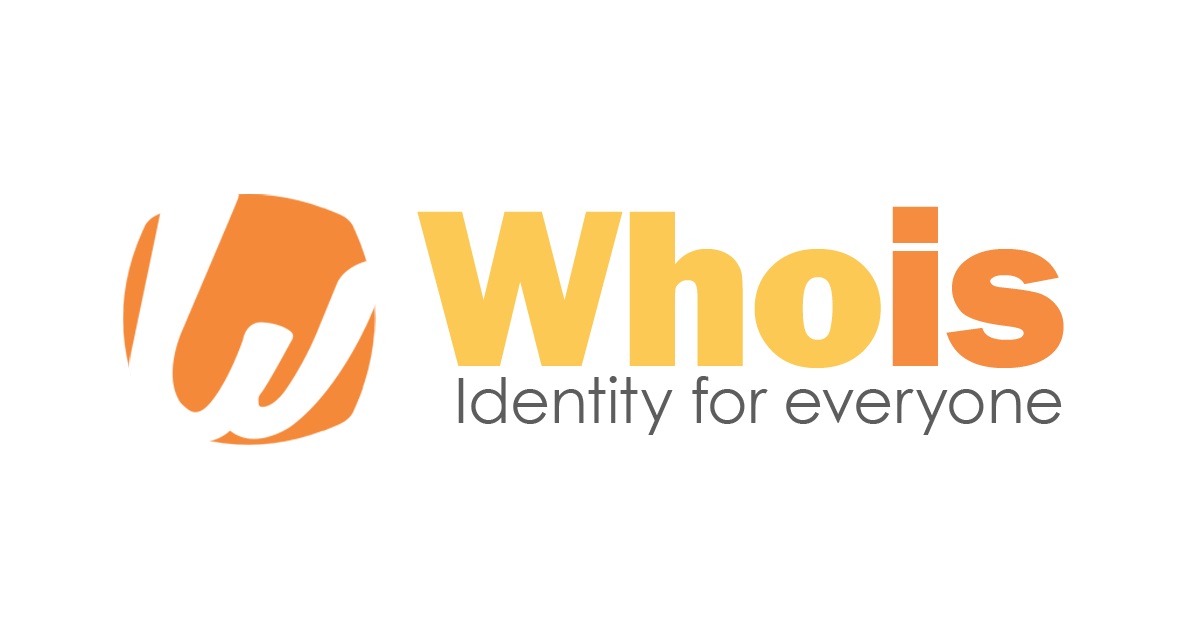In today’s digital age, a domain name is the virtual address of your website. It is a unique identity that distinguishes your website from others on the internet. Domain names are registered and owned by individuals or organizations, and if you want to establish an online presence, it’s essential to secure one for yourself. However, sometimes you may come across a domain name that intrigues you, and you wonder who owns it.
Finding out who owns a domain name can be quite challenging, especially if the owner has taken steps to hide their identity. But fear not! In this article, we will show you step-by-step how to find out who owns a domain name using various methods available at your disposal.
Why knowing the owner of a domain name matters
Knowing the owner of a domain name can be crucial for various reasons. First, it helps in identifying the authenticity of the website and verifying if it is trustworthy or not. Second, it can help in resolving any legal issues related to copyright infringements or trademark violations. In addition, knowing the owner of a domain name can assist with building professional relationships and networking opportunities.
To find out who owns a domain name, one can use tools such as WHOIS lookup or DNS records search. These tools provide information about the registrant’s name, email address, physical address, phone number, and more. However, some registrars offer privacy protection services that hide this information from public view.
In conclusion, knowing who owns a domain name is an essential aspect of online security and credibility. It allows individuals and businesses to verify the legitimacy of websites they interact with and take necessary actions when needed. Therefore, being able to access this information through reliable sources is critical for ensuring online safety and trustworthiness.

Step 1: Check WHOIS database
The WHOIS database is a public record of domain ownership information that can be accessed to find out who owns a particular domain name. To check the WHOIS database, you can simply go to any website that provides this service and enter in the domain name you wish to search for. Once you have done this, you will be presented with all of the information about the owner of the domain.
This information typically includes their name, address, phone number, email address, and other contact details. It may also include additional details such as the date that the domain was registered and when it is set to expire. This data is important if you need to contact the owner of a particular website or if you want to purchase a domain from them.
Overall, checking the WHOIS database is an important step in finding out who owns a domain name. By having access to this information, individuals and businesses can make informed decisions about how they interact with others online or purchase domains for their own use.
Step 2: Use domain registrar lookup tool
Once you have identified the domain name that you want to investigate, the next step is to use a domain registrar lookup tool. This tool will allow you to search for information about the owner of a particular domain name. There are a number of different tools available online that provide this service, and many of them are free.
When using a domain registrar lookup tool, it’s important to bear in mind that some information may be hidden or protected by privacy settings. In these cases, you may only be able to find out limited details about the owner such as their contact email address or location.
However, if the domain owner has not opted for privacy protection, you may be able to find out more specific details such as their name and address. This can be very useful if you are trying to reach out to someone regarding their website or business associated with the domain name.

Step 3: Search online for contact information
Once you have identified the domain name owner’s name and contact information using a WHOIS lookup tool, it is time to search online for additional information. One of the best ways to find contact information is by conducting a Google search with the individual’s name. You can also try searching on social media platforms like LinkedIn, Twitter, or Facebook.
Another way to find contact information is through email lookup tools such as Hunter.io or VoilaNorbert. These tools allow you to enter a domain name and they will generate a list of possible email addresses associated with that website. Additionally, you can use Google advanced search operators like “site:domain.com” or “inurl:contact-us” to locate relevant pages on the website that might contain further details.
In summary, finding accurate contact information for a domain name owner requires some digging around online. Utilizing various tools and search methods can help uncover missing pieces of data needed for reaching out successfully.

Step 4: Hire a domain broker or private investigator
Hiring a domain broker or private investigator is an excellent option if you are struggling to find the owner of a domain name. Domain brokers have access to databases that can help them identify the owner of a particular website. They can also use their experience and connections in the industry to make contact with the owner and negotiate on your behalf.
Private investigators, on the other hand, have more resources at their disposal than domain brokers. They can conduct thorough investigations into who owns a domain name, using methods like online surveillance and background checks. This makes them particularly useful if you suspect that the person behind a website is intentionally hiding their identity.
Both options come with some costs, however. Domain brokers usually charge commission for their services while private investigators may require payment upfront. That being said, hiring either of these professionals could save you time and effort in your quest to find out who owns a particular website.
Conclusion: Importance of verifying ownership before buying or selling
In conclusion, verifying ownership before buying or selling a domain name is crucial in ensuring the legitimacy of the transaction. Failure to do so could lead to legal issues and financial loss. As such, it is imperative to conduct due diligence by checking the WHOIS database or contacting a domain registrar for assistance.
Moreover, verifying ownership can help prevent fraudulent activities such as domain hijacking and cybersquatting. By confirming that the person claiming ownership of a domain name truly owns it, buyers and sellers can avoid falling victim to scams that could cost them their online presence and reputation.
Overall, taking the time to verify ownership may seem like an additional step in the buying or selling process but it can save you from potential headaches and losses in the long run.


